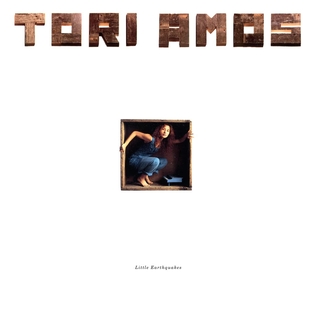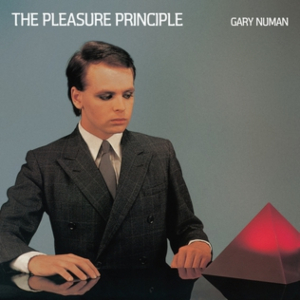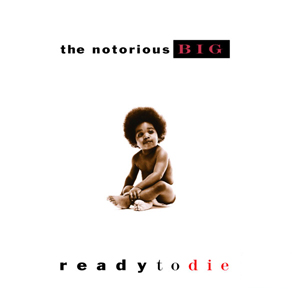Zack: Originally, I only knew Tim Buckley as
blog-favorite Jeff Buckley’s negligent, dickish dad. Now I know him for
GRATUTIOUS XYLOPHONE. Seriously, not since my 2nd grade music
teacher has anyone demanded more xylophoning. Technically, my first impression
wasn’t quite correct. It turns out that the instrument in question was actually
a vibraphone, not a xylophone. Which just means GRATUTIOUS VIBRAPHONE. Once I
got over the excessive vibraphoning, I noticed that Happy Sad is sort of like
an inverse Nighthawks at the Diner. Both albums are quite good, feature heavy
jazz influences on artists who made their reputations in other genres, and have
some great jam sections. But where Nighthawks adds a little grit to everything
in his path, Tim Buckley is content to leave the songs as pleasant as possible.
Overall, Happy Sad was a good album, even if the vibraphone was a bit
distracting.
Favorite Tracks: Gypsy Woman; Buzzin’ Fly; Dream Letter
Emily: I picked Tim Buckley (a) because Zack put 2 of his albums as choices for this part of the list, not-so-subtly influencing me to choose one; (b) because of the potential relationship to Jeff Buckley, based purely on last name alone (and my instinct turned out to be right, as Tim was Jeff's father); and (c) because I was intrigued by the concept of Happy Sad. Would the album jump between happy and sad, like manic depression? Would it blend the emotions together into soulful musings? Would it be neither happy nor sad, just selecting the name to deceive listeners? After a listen, it seems that Happy Sad is all three of those. Some tracks are more psychedelically upbeat, reflecting the optimism of the era, while others are more plaintive and introspective. But the concepts of happy and sad blend throughout the six tracks with influences from jazz, folk, and psychedelic rock, creating an album full of interest and emotion that I will certainly return to again.
Favorite Tracks: Gypsy Woman; Sing a Song for You; Buzzin' Fly
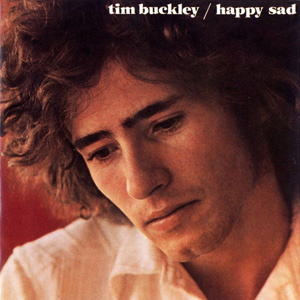
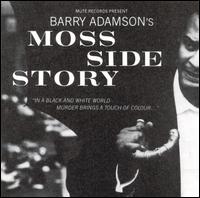
.jpg)

